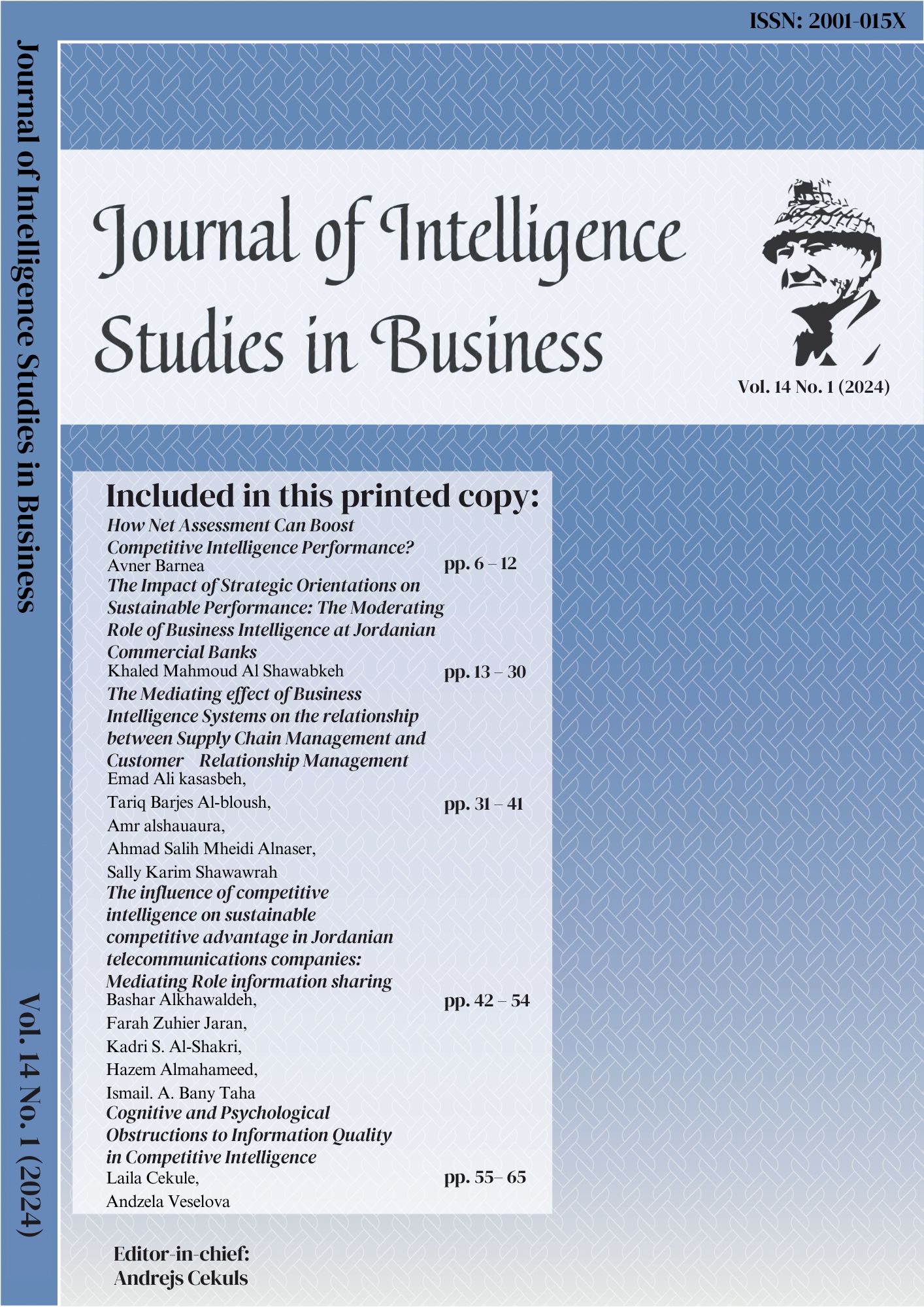Strategic Consortium of Intelligence Professionals (SCIP) is proclaiming the entire month of July to be Global Intelligence Month
This month-long celebration aims to recognize and highlight the pivotal role of ALL intelligence professionals worldwide, and to bring attention to the use of data and intelligence in competitive, market, economic and social applications to improve the wellness of individuals and organizations on a global basis!
This July, SCIP are offering exclusive discounts to help you take the next step in your professional journey:
40% off on memberships for groups of 10 or more
30% off on new memberships and renewals (https://www.scip.org/page/Membership-Value)
20% off on workshops, I-MAG advertisements and all items on SCIP Sponsorship webpage (https://www.scip.org/page/Sales-Support)
Read more about Strategic Consortium of Intelligence Professionals (SCIP) is proclaiming the entire month of July to be Global Intelligence Month







